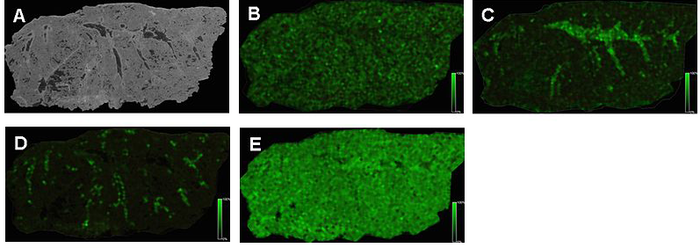Tidligere arrangementer - Side 41
Til minne om Norges fremste astrofysiker og grunnlegger av Institutt for teoretisk astrofysikk, professor Svein Rosseland (1894 – 1985), arrangerer Institutt for teoretisk astrofysikk hvert ?r en Rosselandforelesning.
This talk will introduce a recent suite of research focussed on the statistical detection of anomalous structure in online data settings. The challenge of efficiently identifying anomalies in data sequences is an important statistical problem that now arises in many applications. Whilst there has been substantial work aimed at making statistical analyses robust to outliers, or point anomalies, there has been much less work on detecting anomalous segments, or collective anomalies, particularly in those settings where point anomalies might also occur. This is the challenge we seek to address, demonstrating theoretical results in both the offline and online settings as well as introducing some applied case studies.
Erlend Myklebust (University of Oslo)
Professor & PI of Learning, Elvira Brattico, from Aarhus University and University of Bari Aldo Moro, will speak at RITMO's Seminar Series
Department seminar. The title of the seminar: "Wage formation, wage leadership and inflation in Norway." Professor Steinar Holden, Assistant Professor Martin Blomhoff Holm and Professor Marcus Hagedorn, University of Oslo, will each give a presentation on this current topic. The presentations will be followed by an open discussion.
?ystein H?vard F?rder, Ph.D. student at Rosseland Centre for Solar Physics, University of Oslo.
In this final seminar, Tommas M?l?y will present the draft of his PhD thesis, which traces the sequencing of the cod’s genome and the virtual lab-space in which genomes are digitally reconstructed and analyzed.
In the fourth and last Welcome to the Anthropocene lecture, Dr. Stephanie Roe, a WWF’s Global Climate & Energy Lead Scientist, will discuss the technical, economic, political, and social approaches for mitigating climate change and other key challenges of the Anthropocene.
Department seminar. John Van Reenen is Ronald Coase School Professor at the London School of Economics and Digital Fellow, Initiative for the Digital Economy at the Massachusetts Institute for Technology (MIT). He will present the paper: "Ray of Hope? China and the Rise of Solar Energy".
Christopher Siwicki (The Norwegian Institute in Rome)
In this talk, professor of philosophy, Alejandra Mancilla, asks who should be the political representatives in a place with no human inhabitants, namely, Antarctica. While the Antarctic Treaty has been celebrated as a successful legal instrument for the protection of the continent, some have criticized its elitist nature and demanded a more democratic system of governance. But, should only humans be part of this arrangement? Why not penguins and maybe icebergs too?
C*-algebra seminar talk by Makoto Yamashita (University of Oslo)
Giuliano Sidro (Center for the Tebtunis Papyri, UC Berkeley)
Camille Coye (Institut Jean Nicod, ?cole Normale Supérieure, Paris) is a visiting researcher at the Super Linguistics research group. She works on animal communication.
By Alexander Eiler, University of Oslo, IBV, AQUA. Note the time.
Duncan Watts, Postdoctoral Fellow at Institute of Theoretical Astrophysics, University of Oslo.
Valentina Orrù (University of Pavia)
F?rsteamanuensis Eirik Vatn?y holder et innlegg for Forskerseminaret i tekst og retorikk om rasjonalitet og retorisk argumentasjon.
Department seminar. Rafael Dix-Carneiro is an Associate Professor of Economics at Duke University. He will present the paper: "Understanding Migration Responses to Local Shocks" (written with Kirill Borusyak and Brian K. Kovak).
Felleskollokvium by Oskar Idland, Ralv G. S. Holmsen, and Jannik Eschler, Dept. of Physics, UiO
Welcome to the next seminar of the semester, where we will host a talk by Sebastian Krossa (Senior Engineer, MR Core Facility, Department of Circulation and Medical Imaging, NTNU).
Isak H?rem (University of Oslo)
Hvordan kan vi 篮球即时比分_nba比分直播-彩客网重点推荐e bedre med og for brukerne? Hvilken innsikt trenger vi? Vi byr p? case hvor innbyggerne aktivt f?r p?virke hele organisasjonen.
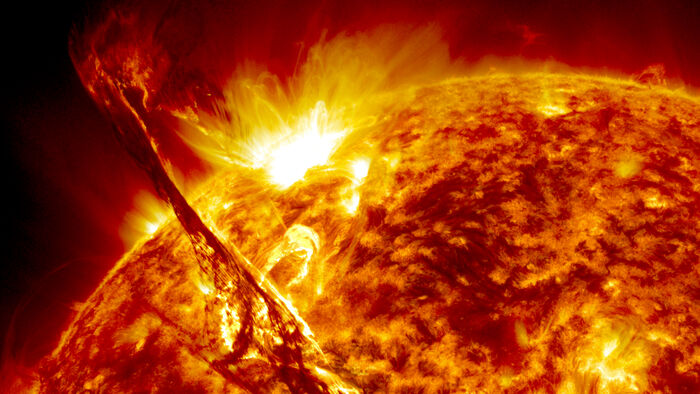
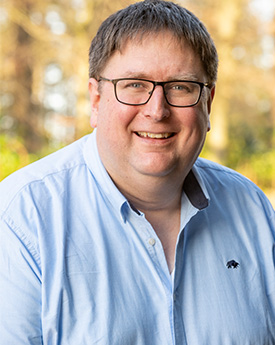

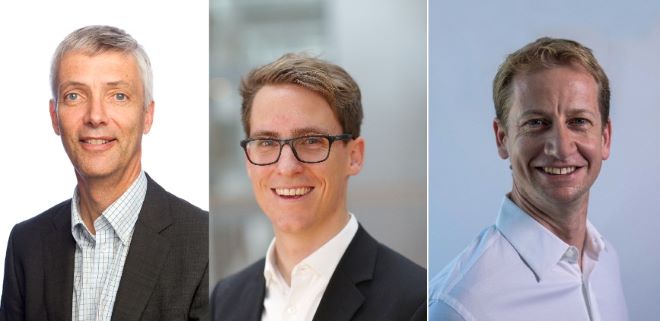
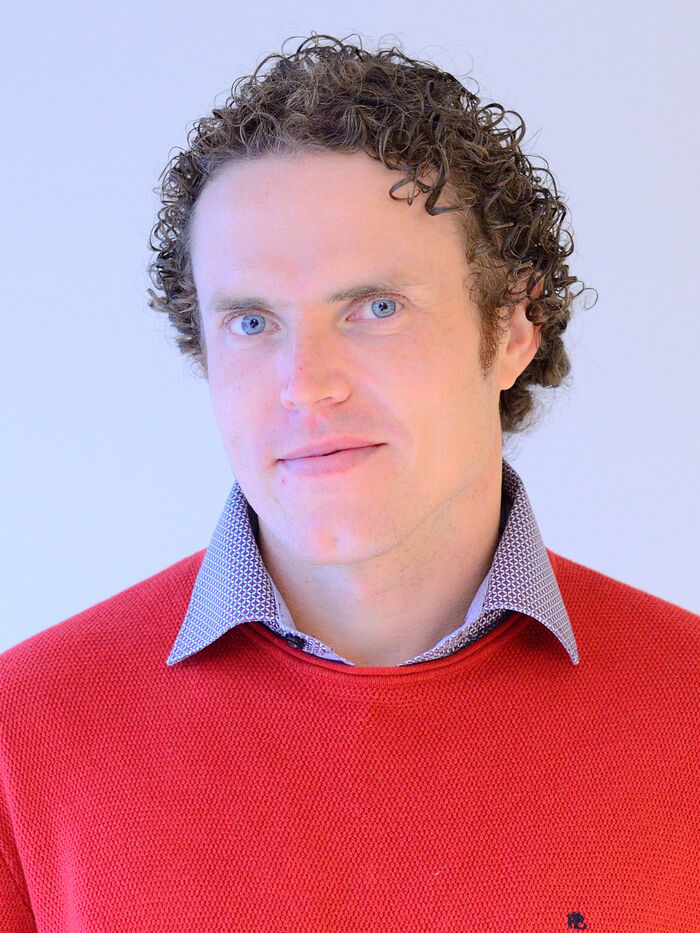

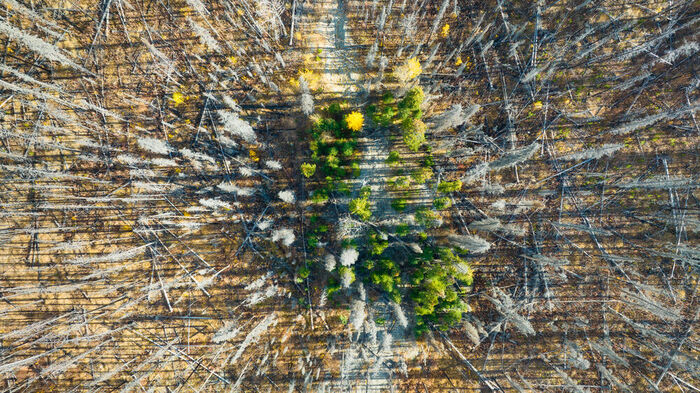
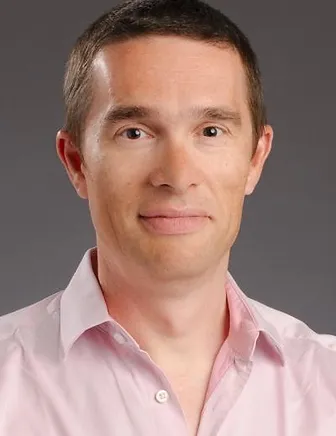

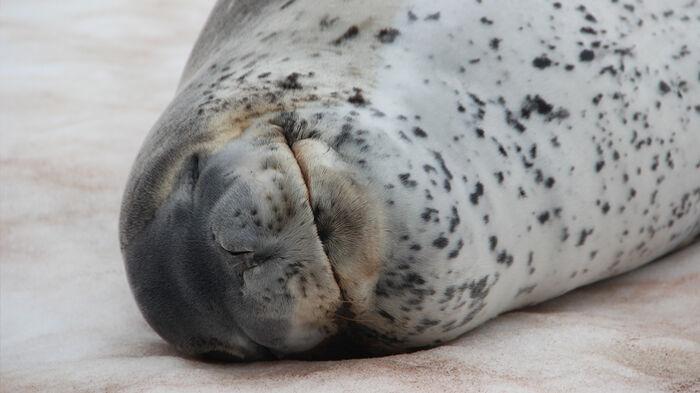

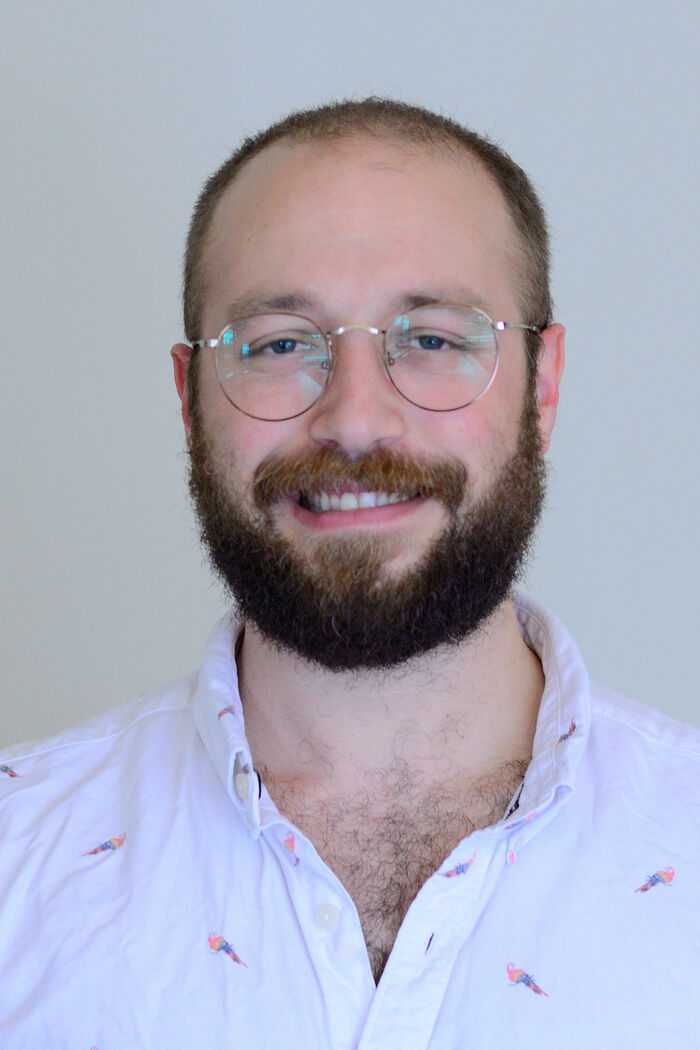

.jpg?alt=listing)

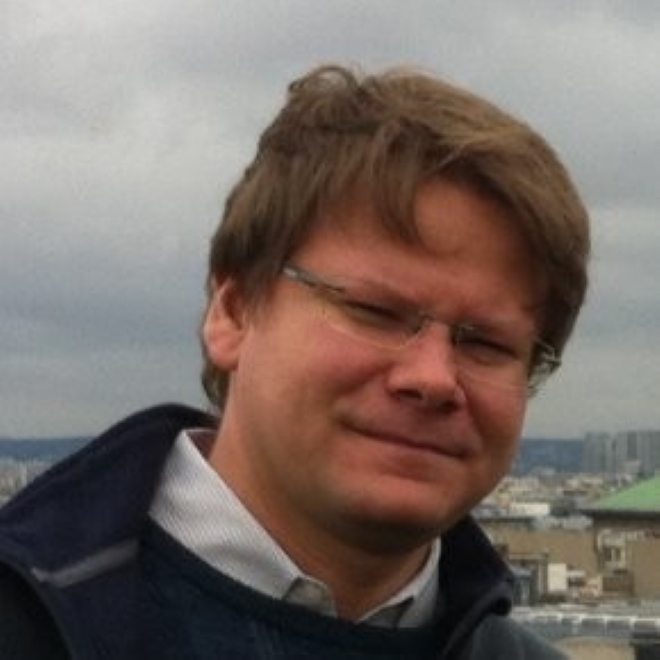
.png?alt=listing)
